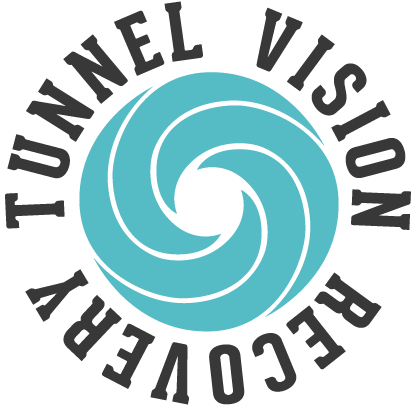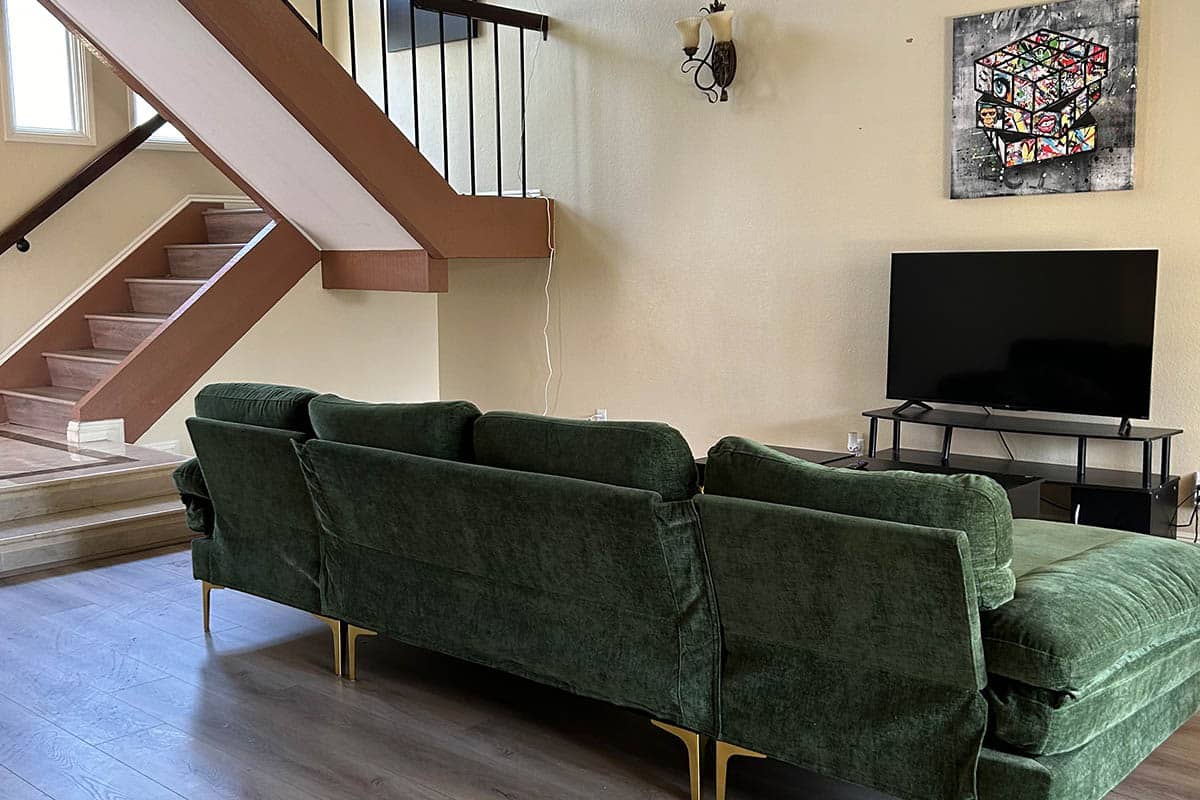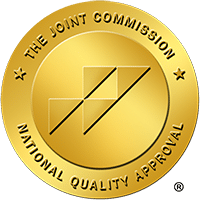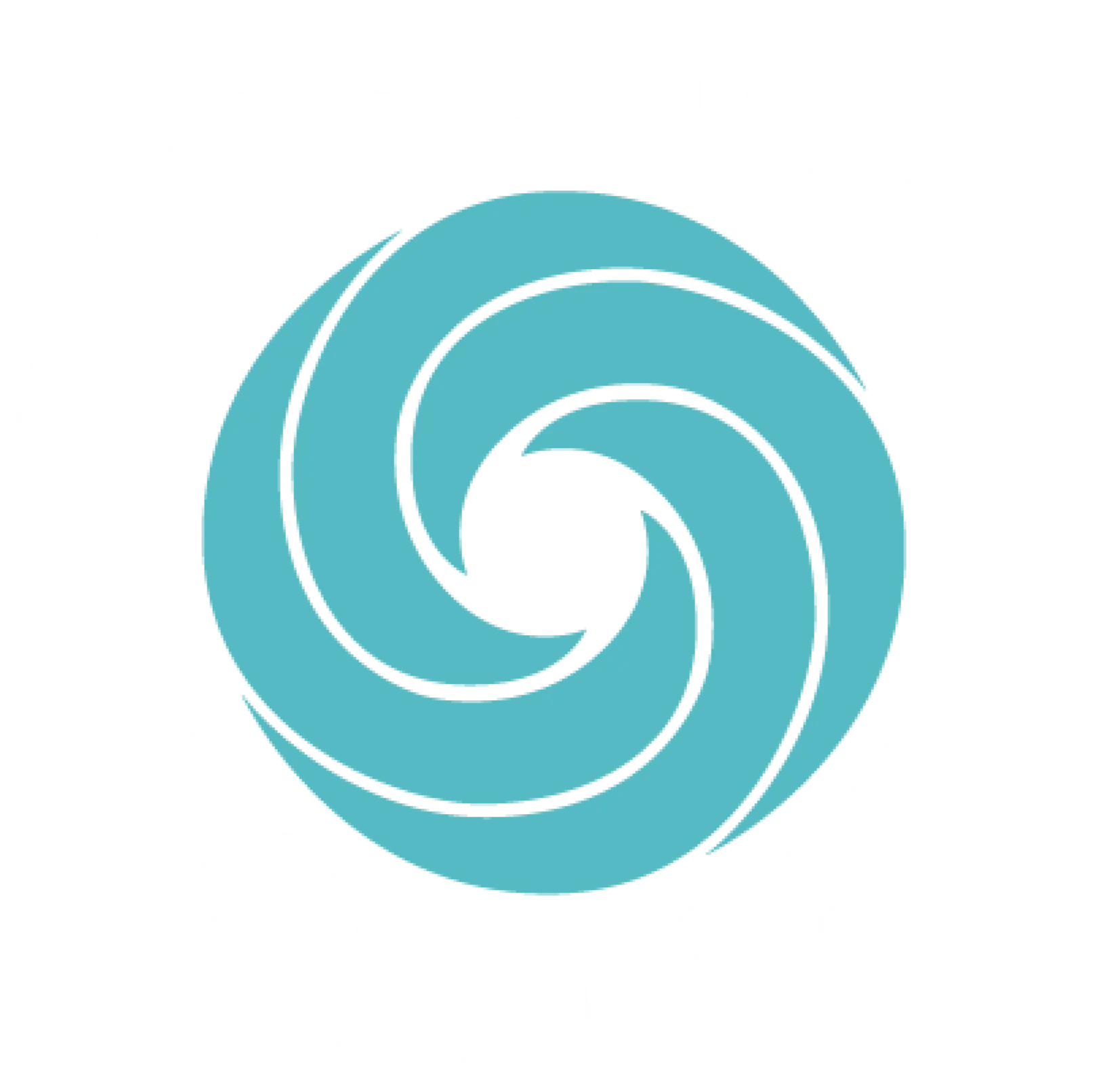Call 949-523-1922
Available 24/7
Verify Your Benefits
Partial Day
At Tunnel Vision, our Partial Hospitalization Program (PHP) is designed to help individuals reintegrate into daily life while equipping them with essential life skills for long-term recovery. Located in Santa Ana, California, and Lawton, Oklahoma, our facilities support your journey toward a healthier, substance-free life.
Learn More About Our PHP Addiction Treatment Programs In Santa Ana, CA and Lawton, OK Here
Intensive Outpatient
Our Intensive Outpatient Program (IOP) at Tunnel Vision is designed for individuals who have completed our Partial Hospitalization Program (PHP) and are now transitioning to a more independent lifestyle while maintaining their recovery. This program is ideal for those who have found employment and need a flexible yet supportive structure to continue their journey toward sobriety.
Learn More About Our IOP Addiction Treatment Programs In Santa Ana, CA and Lawton, OK Here
Outpatient
Outpatient programs are the least structured type of treatment we offer. We work with your schedule to help you maintain long-term recovery and sobriety.
OUR MISSION
To treat individuals with substance use disorders by treating the underlying issues that contribute to substance use.
We aim to assist in the healing and re-integration of all persons served by providing quality care from trained professionals.
OUR PHILOSOPHY
Our philosophy is that substance use disorder does not have to be a terminal disease.
We believe that with the proper support and guidance all people have the ability to become productive and responsible individuals who can contribute to their communities, and humanity as a whole.
OUR MINDSET
At Tunnel Vision Recovery
Whether you are in PHP (Partial Hospitalization Program), IOP (Intensive Outpatient Program) or OP (Outpatient Program) it is not a vacation destination to sit back and relax on the beach while your disease continues to fester and grow. Sure, there is a place in recovery for self care but it is a small piece of a large mosaic needed to attain a sustainable lifestyle of recovery. At Tunnel Vision Recovery we believe that this is a time to get busy in the business of living and thriving. We are peer driven so we speak from experience when we say that we have a disease that is progressive and fatal and does not take a break just because we stopped using and want to go to theme parks and do yoga in the sand. We want to motivate the people who come to us for help through a series of scaffolding techniques so that those people who come to us, quickly outgrow their need for us. We determine our success by their success.
THREE PILLARS TO SUSTAINED RECOVERY
Autonomy
We support individuals attain a sense of true freedom from external control or influence; regaining independence.
Self-Efficacy
Self-efficacy reflects confidence in the ability to exert control over one’s own motivation, behavior, and social environment.
Reintegration
Reintegration is the process and implementation of becoming a productive and contributing member of society.
photos
Our Facility
What is Outpatient Addiction Treatment?
Outpatient addiction treatment is a flexible and effective approach for individuals seeking recovery while maintaining their daily responsibilities. This type of treatment allows individuals to live at home, making it ideal for those with a strong support system and a less severe addiction. Outpatient programs typically involve regular meetings with therapists, counselors, or support groups, and may include medication-assisted treatment (MAT) to help manage withdrawal symptoms and cravings. This approach ensures that individuals receive the necessary support and guidance while continuing to work, attend school, or care for their families.
Benefits of Outpatient Addiction Treatment
Outpatient addiction treatment offers numerous benefits that make it an attractive option for many individuals. One of the primary advantages is flexibility; individuals can continue their daily activities, such as work or school, while receiving treatment. This type of program is also cost-effective, as it eliminates the need for room and board expenses associated with inpatient treatment. Additionally, outpatient treatment allows individuals to maintain their support system, including family and friends, which can be crucial for successful recovery. The personalized nature of outpatient programs ensures that each individual’s specific needs and goals are addressed, providing a tailored approach to addiction recovery.
Substance Abuse Treatment
Substance abuse treatment is a comprehensive approach designed to help individuals overcome addiction to drugs or alcohol. These programs often combine medication-assisted treatment (MAT), counseling, and therapy to address withdrawal symptoms, cravings, and underlying mental health issues. Whether inpatient or outpatient, substance abuse treatment programs are tailored to meet the unique needs and goals of each individual. By addressing both the physical and psychological aspects of addiction, these programs provide a holistic approach to recovery, helping individuals achieve long-term sobriety and improved mental health.
Medication-Assisted Treatment (MAT)
Medication-assisted treatment (MAT) is a proven method for managing withdrawal symptoms and cravings associated with addiction. This approach combines the use of medications, such as methadone, buprenorphine, and naltrexone, with counseling and therapy to support individuals in their recovery journey. MAT is particularly effective for those struggling with opioid addiction but can also be beneficial for other types of addiction. By reducing the physical discomfort of withdrawal and stabilizing brain chemistry, MAT allows individuals to focus on the psychological and behavioral aspects of their recovery.
Counseling and Therapy
Counseling and therapy are vital components of substance abuse treatment, providing individuals with the tools and support needed to achieve lasting recovery. These therapeutic approaches help individuals identify and address underlying mental health issues, develop coping skills, and learn strategies to manage cravings and avoid triggers. Counseling and therapy can be conducted individually or in group settings, offering a personalized approach to treatment. Common therapeutic methods used in substance abuse treatment include cognitive-behavioral therapy (CBT), dialectical behavior therapy (DBT), and motivational interviewing (MI). By addressing both the emotional and psychological aspects of addiction, counseling and therapy play a crucial role in the recovery process.












